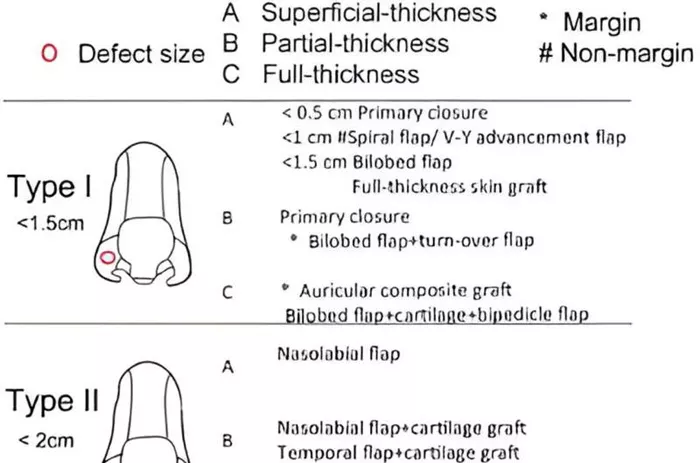New research from King’s College London suggests that introducing smooth peanut butter to babies and young children during early childhood could provide lifelong protection against peanut allergy.
According to the study, teenagers who consumed peanut butter regularly up to the age of five were found to be 71% less likely to develop a peanut allergy compared to those who avoided the food altogether.
Contrary to previous advice, which urged parents to steer clear of peanuts due to allergy concerns, the study now recommends offering peanut butter during weaning and incorporating it into a child’s diet until age five. However, it’s important to note that children under five should avoid whole or chopped peanuts to prevent choking hazards.
Professor Gideon Lack, from King’s College London, commented on the study’s findings, stating, “We have good reason to believe [protection will last] for the life of the individual, it is extremely unusual to see new onset of peanut allergy in adolescent years.”
The study, published in NEJM Evidence, followed 640 children at high risk of peanut allergy, half of whom avoided peanuts while the other half included peanut in their diet from four months old to five years old. The results showed a significant reduction in allergies among children who regularly consumed peanut butter during infancy.
The researchers recommend introducing a soft paste of peanut butter or peanut puffs into a baby’s diet once they are ready for solids, typically around the time they can sit steadily and coordinate their movements to eat. After this point, peanut butter should be consumed three-to-four times a week, totaling approximately one-and-a-half to two tablespoons per week.
While the study suggests starting peanut consumption at four months old, the UK’s National Health Service (NHS) advises parents to introduce smooth peanut butter to children from six months old, while the World Health Organization (WHO) recommends exclusive breastfeeding for the first six months.
It remains unclear whether peanut consumption needs to continue for the full five years to reduce the risk of allergy, but Professor Lack suggests that doing so would be the safest approach.
The implications of this research extend beyond individual health, with an estimated 100,000 cases of peanut allergy potentially preventable globally each year.
Dr. Jeanne Marrazzo, director of the US’s National Institute of Allergy and Infectious Diseases, emphasized the importance of the study’s findings, stating, “Today’s findings should reinforce parents’ and caregivers’ confidence that feeding their young children peanut products beginning in infancy according to established guidelines can provide lasting protection from peanut allergy.”

































